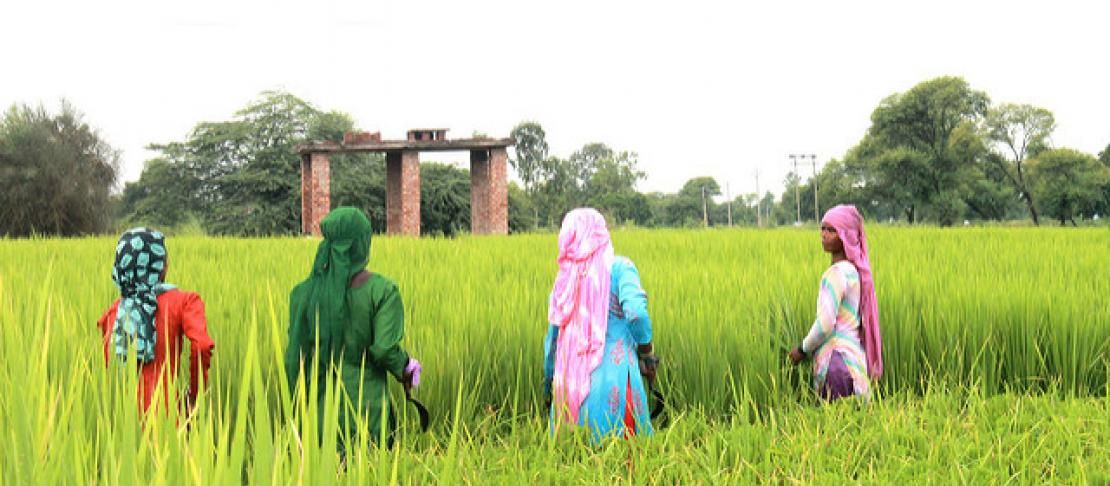CSRD Technical Exchange on Participatory Approaches to Agricultural Climate Services Development and Extension in South and South East Asia

The meeting will bring leaders in the field of agricultural climate services from across South and South East Asia to exchange approaches, experiences and ideas; and to network to support the development of climate services for farmers in the region.
The Climate Services for Resilient Development (CSRD) partnership brings together public and private organizations and agencies committed to realizing the potential to enhance climate resilience and climate-smart policies and practices throughout the world, particularly in developing countries. The 'CSRD Technical Exchange on Participatory Approaches to Agricultural Climate Services Development and Extension in South and South East Asia' will be held in the Golden Tulip Hotel, in Dhaka, Bangladesh, from September 17-19, 2017.
This workshop is sponsored by the United States Agency for International Development (USAID) on behalf of the Climate Services for Resilient Development (CSRD) and is collaboratively organized by the International Maize and Wheat Improvement Center (CIMMYT) and CSRD through the SERVIR Support Team. This work was also implemented as part of the CGIAR Research Program on Climate Change, Agriculture and Food Security (CCAFS), which seeks to ensure a food-secure world in the face of a variable and changing climate, through a strategic research-for-development collaboration. It brings together agricultural, climate, environmental and social sciences to identify and address the most important interactions, synergies and trade-offs between climate change and agriculture.
- Have a broad overview of South and South East regional agricultural climate services programs;
- Become familiar with participatory approaches and methods in agricultural climate services, and able to enact or improve them in their own country contexts;
- Develop an increased understanding of how to identify and leverage ‘decision points’ in the agricultural calendar during which climate information and advisories can most benefit farmers;
- Be able to understand and verbalize the need for appropriate intuitional arrangements to facilitate the flow of relevant climate information and advisories to farmers, and to supply feedback to meteorological, extension, development, and policy oriented organizations;
- Have an improved sense of information communication and visualization skills required to develop relevant climate information and advisories for smallholder farming communities in South and South East Asia.


